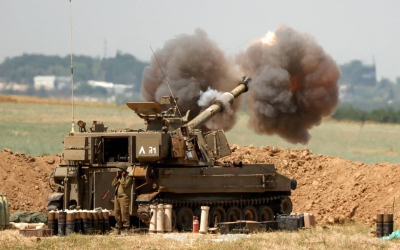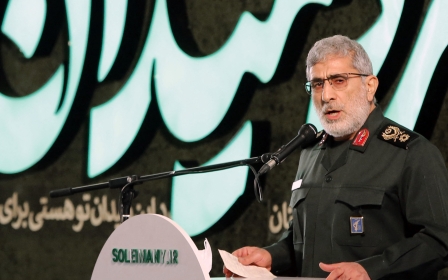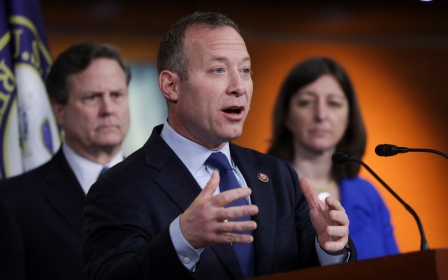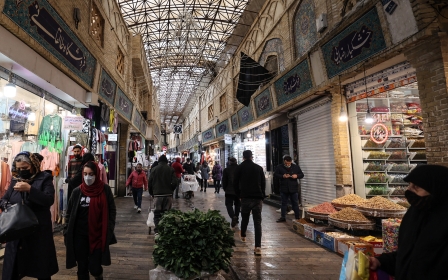'More than one issue still pending': Iran blames US for delays to revive nuclear deal
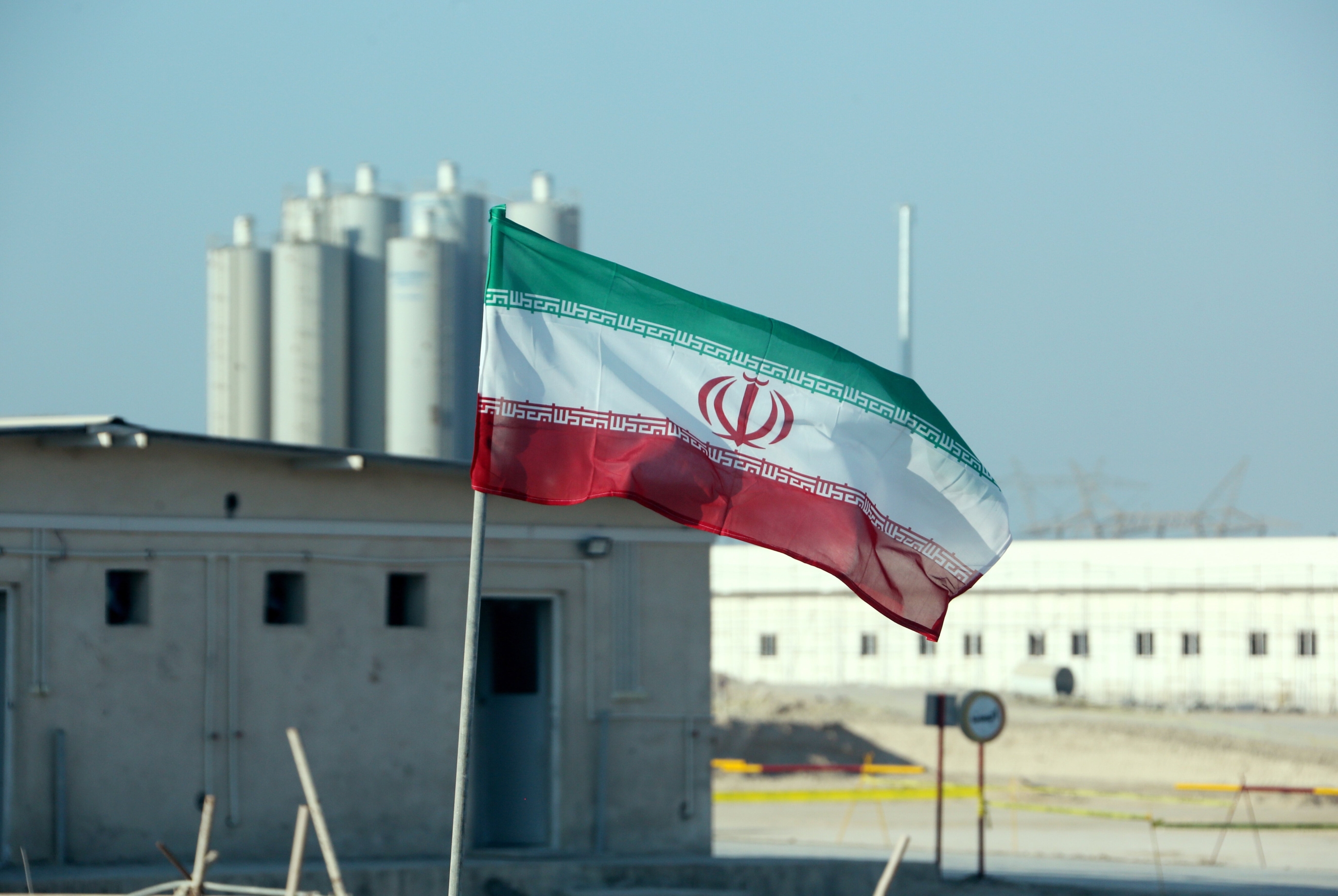
Iran on Monday said an agreement with world powers to revive the 2015 nuclear deal was still not in sight, blaming the United States for delays.
"More than one issue is still pending between Iran and the United States," said Iranian foreign ministry spokesman Saeed Khatibzadeh.
"Messages [from Washington] sent through [European Union coordinator Enrique] Mora these past weeks... are far from providing solutions that could lead to an accord," he told reporters.
Tehran and Washington have been engaged in talks to revive the 2015 nuclear accord since April 2021. Iran has refused to deal directly with the US, leaving the other parties to the agreement - Britain, China, France, Germany and Russia - to shuttle between them during talks in Vienna, Austria.
Mora, who coordinates the indirect negotiations, visited Tehran last month for talks with Iranian officials, and later went to Washington. At the time, Mora said he hoped to close the gaps remaining in the negotiations.
New MEE newsletter: Jerusalem Dispatch
Sign up to get the latest insights and analysis on Israel-Palestine, alongside Turkey Unpacked and other MEE newsletters
Khatibzadeh on Monday blamed Washington for delays in restoring the nuclear deal.
"The United States are responsible for these delays because they are taking their time to give replies" that would be suitable for Iran, he said.
Earlier this month, Khatibzadeh's counterpart in the State Department, Ned Price, said it was Tehran that was not giving way to make a deal possible, but that Washington still believed there was an "opportunity to overcome our remaining differences".
The US pulled out of the nuclear deal in 2018 under the Trump administration on the grounds that it failed to rein in Tehran's support for regional proxies and ballistic missile development.
Iran maintained compliance with the accord for a few months before it began rolling back its commitments in 2019 and enriching uranium.
One of the most contentious issues during the negotiations in Vienna has been Iran's demand that the US remove the foreign terrorist organisation designation on the country's Islamic Revolutionary Guard Corps (IRGC).
The US has accused the IRGC of killing hundreds of American soldiers in Iraq, with its elite Quds Force reportedly providing military support for proxy forces throughout the region, including pro-Iranian groups in Syria, Yemen, Iraq, and Lebanon.
The Trump administration placed the group on the counterterror sanctions list in 2017.
The Biden administration has pushed back on talk it plans to lift sanctions on the IRGC, with the issue arousing strong opposition among Middle East leaders and Washington lawmakers.
Middle East Eye delivers independent and unrivalled coverage and analysis of the Middle East, North Africa and beyond. To learn more about republishing this content and the associated fees, please fill out this form. More about MEE can be found here.


